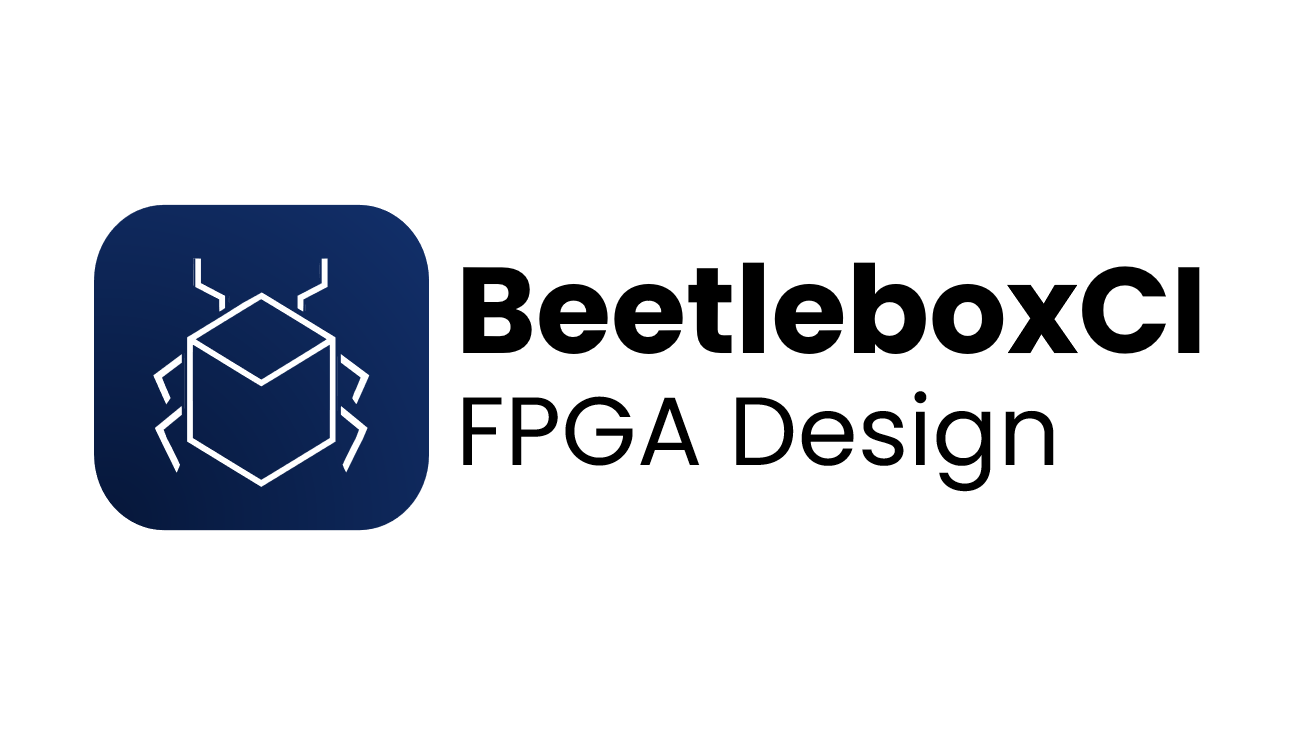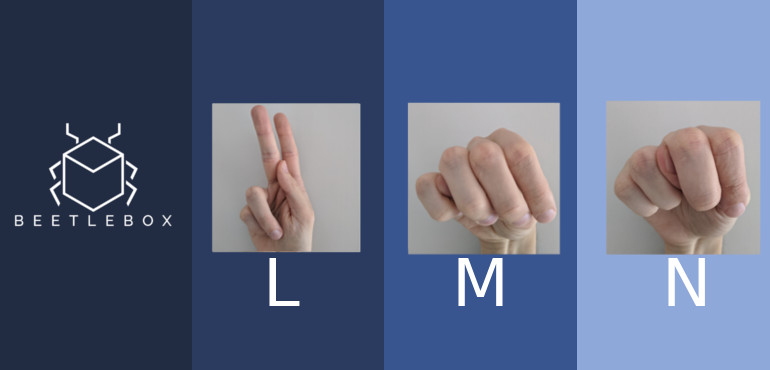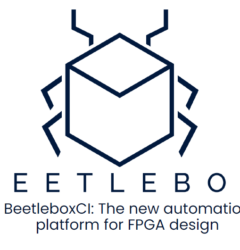22 Feb

We have released the second part of our tutorial on FPGA design using our continuous integration platform, BeetleboxCI, which you can find here. As with all our tutorials, the code used is available as open source from GitHub.
The goal of this tutorial is to provide a hands-on introduction to automating FPGA design using Test Driven Development (TDD) and demonstrate how this approach can be applied to your own projects.Test driven development is a powerful development practise, especially when combined with Continuous Integration. It consists of creating simple tests before writing a single line of code. Once these tests are written, we are then able to write code to satisfy each one of these tests.
The advantage of test driven develpment is that it helps build a suite of tests that can form the back bone of a great continuous integration pipeline.
Full adder FPGA Design
We begin by building two half adders, using AND and XOR gates, and combining them using an OR gate to create a full adder circuit. Each circuit will be tested locally before being added to its own branch in a repository. The final repository will then be tested using Continuous Integration (CI) software to ensure its functionality.
By developing the full adder circuit in small, manageable steps and performing tests on each part before integrating them, we will be able to guarantee that the final circuit will work as expected. Additionally, by using CI software to test the repository, any future changes to the circuit will not introduce any bugs or errors.With version control and CI integration, it becomes easier for a team of developers to work on the project simultaneously without the fear of breaking the code.
This tutorial will not only demonstrate how to create a full adder circuit, but will also teach you how to set up a FPGA project in a way that allows for easy development, testing, and team collaboration, so that you can apply these principles to your own projects in the future. If you would like to learn more about BeetleboxCI solutions for hardware and FPGAs, check out our solutions.

